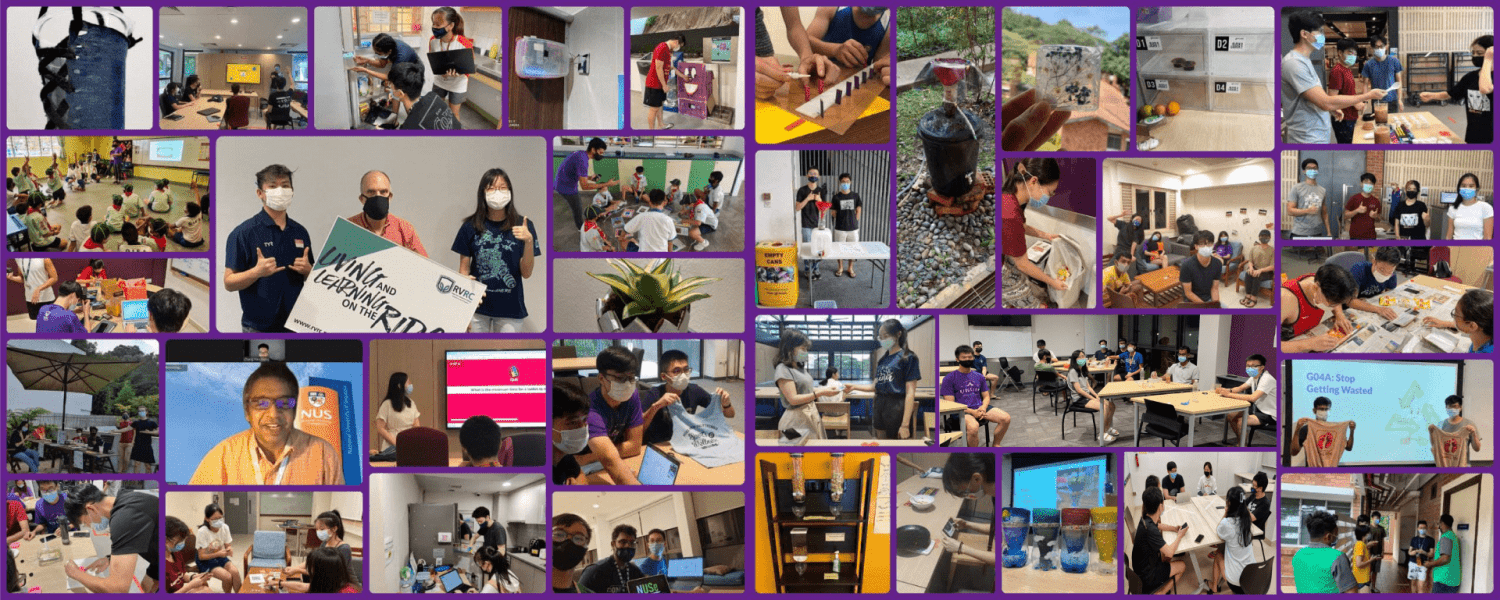Elizabeth Chew Ting Xin (FASS), Hanny Putri Pranata (FoS), Hoong Yao Yang (FoS), Kwa Zhi Ying (FoE), Liu Quyang (FoE)
Academic Advisor: Prof. Adekunle Adeyeye
Reusable bags, such as non-woven polypropylene bags and cotton bags, have been viewed as an environmentally friendlier alternative to single-use plastic bags as they can be made from recycled materials and are relatively durable. However, there is a lack of public awareness on the significantly larger carbon footprint left behind by each reusable bag as compared to that of each single-use plastic bag. In 2011, the UK Environmental Agency conducted a study on the environmental impact of various supermarket carrier bags and concluded that non-woven polypropylene bags and cotton bags need to be reused at least 11 and 131 times respectively to compensate for the higher carbon emission of each bag. In the National University of Singapore (NUS), reusable bags are often employed by student committees and organisations as a means to distribute freebies and pamphlets during school events such as the annual NUS Open Day. As a result of the high volume of such events on campus, students tend to receive and hoard a significant number of reusable bags with most of them remaining relatively unused. Therefore, we aim to maximise the use of each reusable bag owned by NUS students, because we see the need for all NUS students to set an example and take ownership of their own carbon footprint. Our group implemented a system in NUS where preowned reusable bags are collected, sanitized and then placed around the campus for reuse. We piloted this idea with the installation of ‘Feed Me’ reusable bag collection boxes in RVRC. This was followed by ‘Take Me’ reusable bag distribution boxes around the commercial areas of NUS, such as outside the NUS Co-Op. The results of our pilot will help to gauge if our idea can be implemented on a larger scale around other educational institutions in Singapore.
Keywords: Culture and Lifestyle Trends, Responsible Consumption, Waste Management, Resusable Bags, Plastic waste
